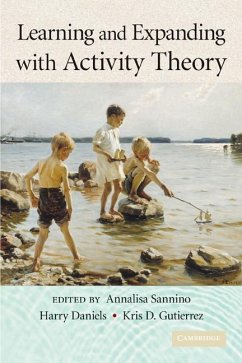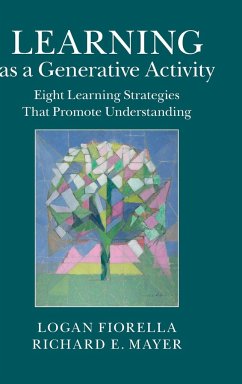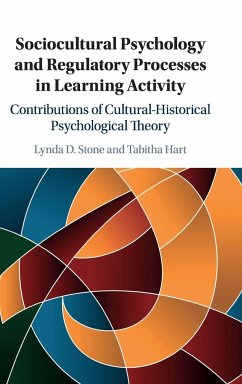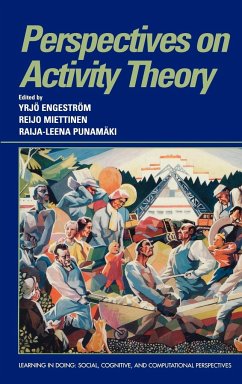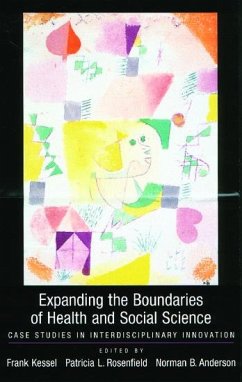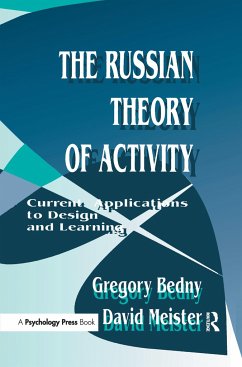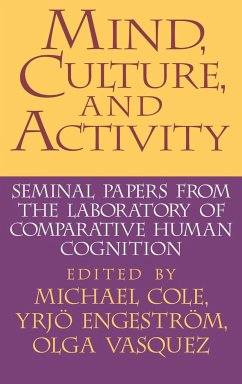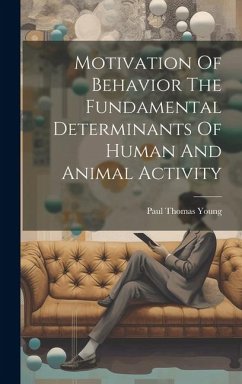
Learning and Expanding with Activity Theory

PAYBACK Punkte
41 °P sammeln!
This book is a collection about cultural-historical activity theory as it has been developed and applied by Yrjö Engeström. The work of Engeström is both rooted in the legacy of Vygotsky and Leont'ev and focuses on current research concerns that are related to learning and development in work practices. His publications cross various disciplines and develop intermediate theoretical tools to deal with empirical questions. In this volume, Engeström's work is used as a springboard to reflect on the question of the use, appropriation, and further development of the classic heritage within acti...
This book is a collection about cultural-historical activity theory as it has been developed and applied by Yrjö Engeström. The work of Engeström is both rooted in the legacy of Vygotsky and Leont'ev and focuses on current research concerns that are related to learning and development in work practices. His publications cross various disciplines and develop intermediate theoretical tools to deal with empirical questions. In this volume, Engeström's work is used as a springboard to reflect on the question of the use, appropriation, and further development of the classic heritage within activity theory. The book is structured as a discussion among senior scholars, including Y. Engeström himself. The work of the authors pushes on classical activity theory to address pressing issues and critical contradictions in local practices and larger social systems.





